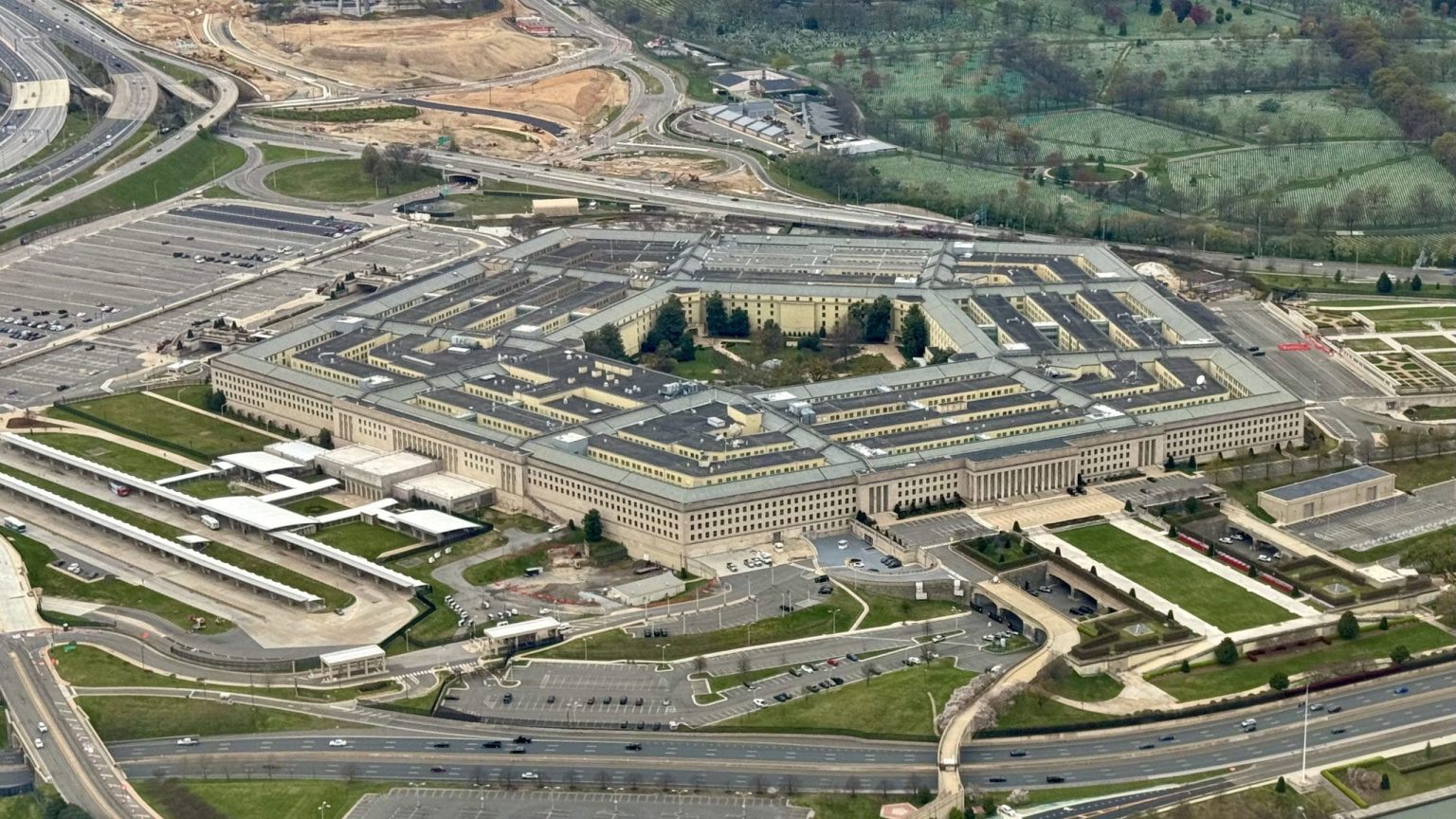The Senate has progressed its annual National Defense Authorization Act (NDAA), a comprehensive $895 billion defense policy bill, closer to becoming law. The bill cleared a procedural hurdle with a 63-7 vote, setting the stage for a final vote later this week. Despite bipartisan support in the past, this year’s NDAA has faced significant Democratic opposition due to controversial provisions, particularly one restricting transgender care for minor dependents of service members. While the bill passed the House last week, Democratic support was significantly lower than in previous years, signaling a growing partisan divide on defense policy issues. This year’s NDAA arrives over two months after the start of the fiscal year.
The $895.2 billion allocated in the NDAA represents a modest 1% increase over the previous year’s budget, a figure that has drawn criticism from some defense hawks advocating for greater spending increases. A significant portion of the bill focuses on enhancing the quality of life for service members, addressing the military’s ongoing recruitment challenges. Key provisions include a substantial 14.5% pay raise for junior enlisted troops, improved child care access, and job support for military spouses. Furthermore, the bill authorizes a 4.5% across-the-board pay raise for all service members, effective January 1st.
While quality-of-life improvements enjoy bipartisan support, the inclusion of “culture war” provisions has sparked heated debate. The most contentious measure prohibits Tricare, the military’s healthcare provider, from covering transgender services for minor dependents of service members. This provision has drawn sharp criticism from Democrats, with some, like Rep. Adam Smith, the ranking member of the House Armed Services Committee, expressing strong disapproval and concern about the injection of partisanship into what is traditionally a bipartisan legislative effort. The stated goal of the provision is to prevent medical interventions that could lead to the sterilization of minors.
Beyond the transgender care provision, the NDAA addresses various other policy areas. It includes measures to support deploying the National Guard to the southern border to assist with illegal immigration and drug trafficking, and it explores the feasibility of allowing airmen and Space Force personnel to grow beards through a potential pilot program. The bill also extends a hiring freeze on Diversity, Equity, and Inclusion (DEI) related roles pending a review of the Pentagon’s DEI programs. Furthermore, it prohibits the Defense Department from contracting with advertising companies that blacklist conservative news sources and cuts funding for the Biden administration’s Countering Extremist Activity Working Group.
While the NDAA focuses on policy, a separate defense spending bill is required to allocate the funds for the programs authorized within the NDAA. This separation highlights the complex budgetary process involved in defense spending. House Speaker Mike Johnson has emphasized the $31 billion in savings identified in the NDAA achieved through cuts to inefficient programs, obsolete weapons systems, and bureaucratic bloat within the Pentagon. This focus on cost savings reflects a broader concern about fiscal responsibility in defense spending.
The NDAA also reflects broader political debates. It bans the Defense Department from implementing climate change programs and issuing climate impact-based guidance on weapons systems. Democrats have expressed frustration that the bill failed to include provisions expanding access to in vitro fertilization (IVF) for service members beyond cases where infertility is service-related. Additionally, the NDAA did not include an amendment retracting a provision that allows the Pentagon to reimburse service members for travel expenses related to out-of-state abortions.
This year’s NDAA underscores the increasing politicization of defense policy. While traditionally enjoying bipartisan support, the inclusion of contentious social and cultural provisions has created significant divisions between Democrats and Republicans. The bill’s passage in both the House and Senate, despite Democratic opposition, highlights the Republican majority’s ability to advance its priorities. However, the reduced Democratic support signals potential challenges for future bipartisan cooperation on defense-related legislation.
The debates surrounding the NDAA reflect deeper societal divisions on issues such as transgender rights, diversity and inclusion initiatives, abortion access, and climate change. The inclusion of these issues in a defense policy bill illustrates the expanding scope of national security considerations and the blurring lines between traditional defense concerns and broader social and political debates. As the NDAA moves towards final passage, the long-term implications of these policy decisions and the increasing polarization of defense policy remain significant questions for the future of the military and the nation’s security posture.

